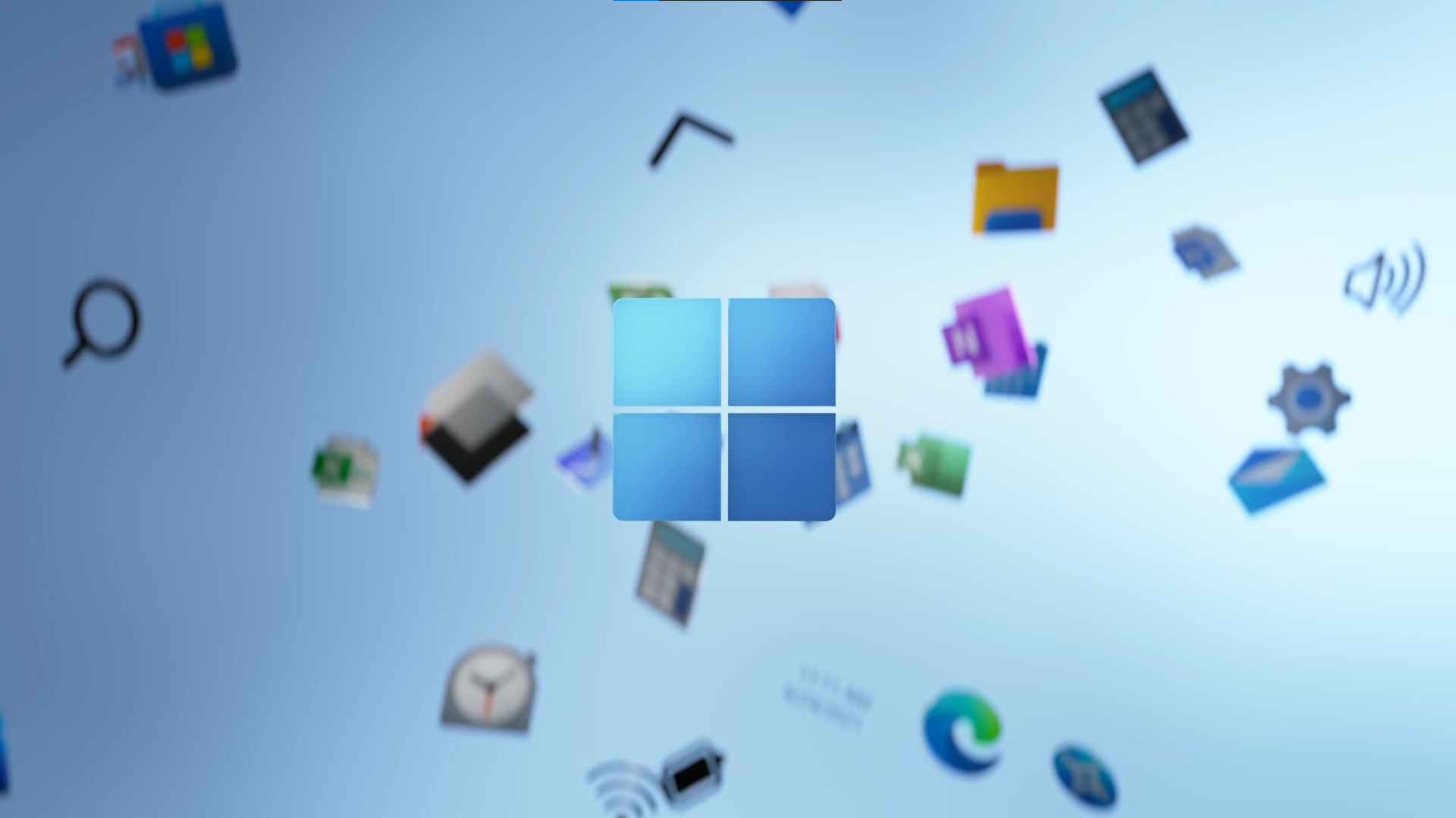According to the official requirements, Microsoft says you should have 64GB of storage space on hand as a minimum before you install Windows 11, with the average install size ranging around the 20-27 GB mark. However, this hasn’t stopped developer NTDEV from pushing the OS to its limits with the release of the first beta of Tiny11 core, a miniature version of Windows 11 contained within a 2GB ISO that creates a miniscule 3.3GB install.
According to Tom’s Hardware, the developer has previously focused their efforts on minimising the memory footprint of the latest version of Microsoft’s OS, but this new core version is designed to shrink the disk space usage to the absolute minimum. Previous versions of Tiny11 managed to cut this requirement down to the 8GB mark, but this new beta proves there’s a lot more fat that can be cut (or in this case, compressed) from Windows 11 while still leaving it in some sort of usable state.
This impressive outcome was achieved by judicious use of LZX disk compression, and while the end result seems to be somewhat functional the process has unsurprisingly affected a lot of features along the way, including Microsoft Edge, Recovery Agent, Windows Defender and Windows Update.
As a result the developer is quick to point out that Tiny11 core should not be viewed as a replacement for previous versions, referring to it as a “quick-and-dirty testbed” rather than something you should be thinking about installing on a primary machine. There are a lot of security features that have been left in an altered state, and as a result it should make anyone thinking about trying it for themselves reconsider whether it’s a good idea.
(Image credit: Microsoft)
Windows 11 review: What we think of the latest OS.
How to install Windows 11: Our guide to a secure install.
Windows 11 TPM requirement: Strict OS security.
Regardless of the caveats, as a proof of concept this is an impressive piece of work, and shows just how much install space could potentially be saved by leveraging modern compression algorithms on even the most fundamental parts of Windows itself.
Given that large amounts of fast SSD storage is currently rather cheap it’s tempting to question the utility of such an achievement, but as a technical exercise it does make us wonder as to just how much of the standard Windows 11 storage requirement is strictly necessary.
While you can go and check out the install for yourself, given all the security features that have been played around with here we wouldn’t recommend it. Still, it makes for an interesting experiment, and of course raises the question as to how much more could be compressed before the OS would stop functioning entirely, or whether this same sort of heavy compression could shrink down the install sizes of some of the latest games and give our groaning SSDs some blessed relief.
Yes Starfield, we’re looking at you.











